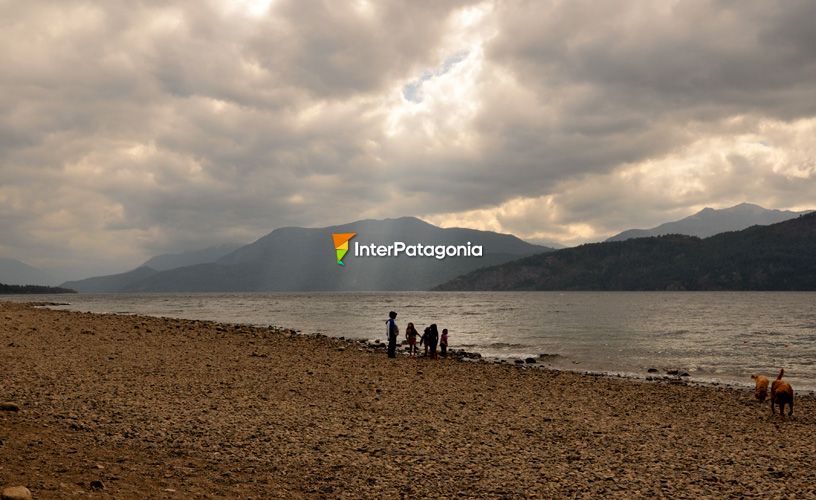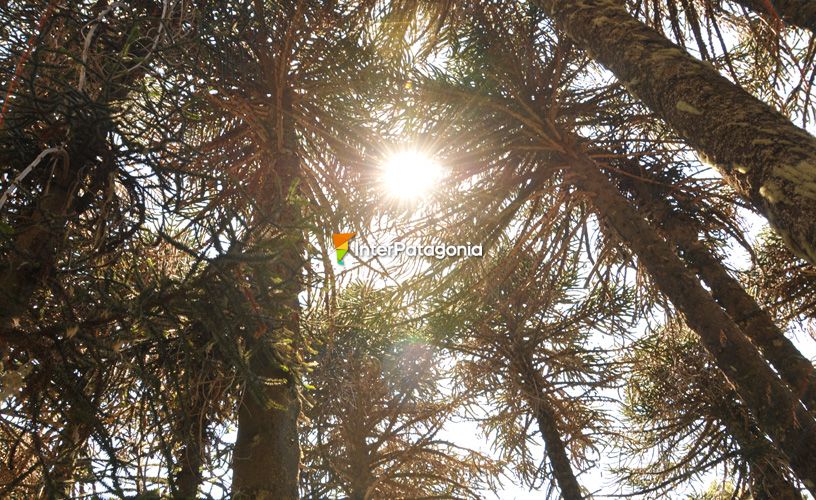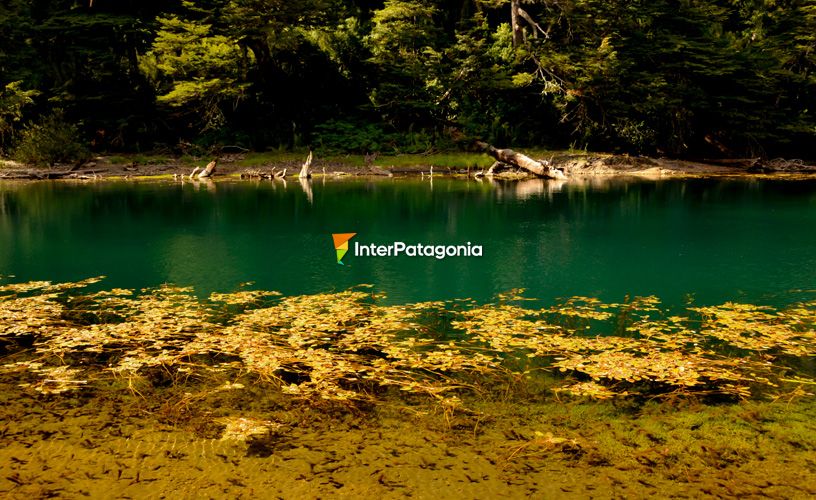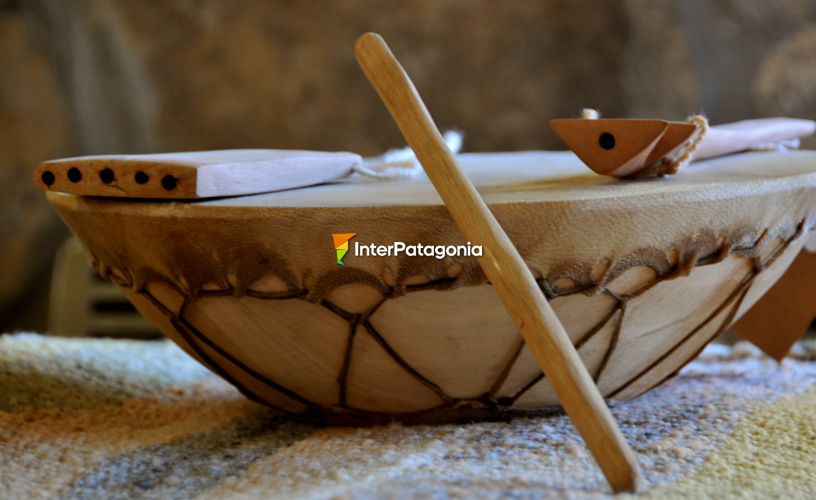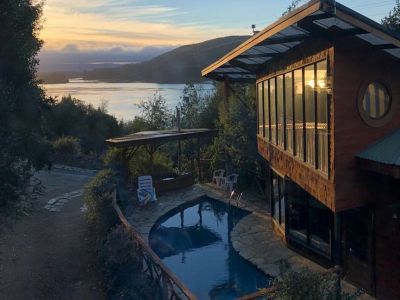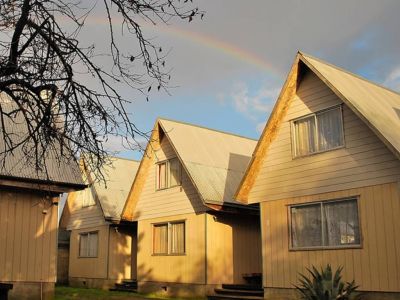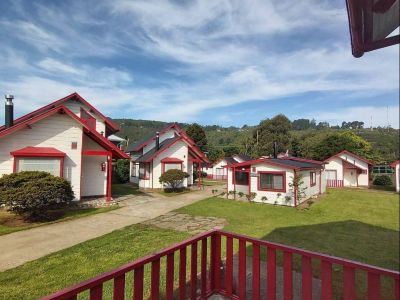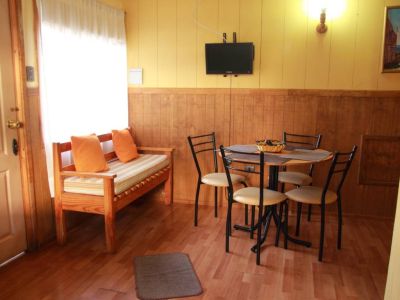Ever since their earliest days, the Mapuche people developed a deep understanding of astronomy and the cycles of nature. This knowledge allowed them to grasp the movements of the sun and the stars, as well as the changes these produce on Earth and in human beings. Thanks to this wisdom, they could accurately interpret the language of nature, its evolutionary stages, and determine the beginning and end of each year. June 21 is the shortest day and the longest night of the year for those who live in the southern hemisphere. It is also the beginning of winter. The corresponding solstice points the largest distance between the Earth to the Sun. For the Mapuches, this coincides with the end of the harvest and the beginning of the sowing period. According to their cyclic vision of the cosmos, the sun is the precursor of life. Their beliefs establish that the sun is born when winter starts, is young during the spring, a grown-up in the summer, and old in the fall, when the trees shed their leaves and the animals change their fur.
Mapuche New Year
“We Xipantu” stands for "New Year”, "the rise of the new sun”, in the Mapudungun tongue. This is a major celebration held at the same time the Incas celebrate Inti Raimi. They hold a Nguillatún, during which they thank, pray, and pay tribute to the sun, source of wisdom and renovation. The rites begin on the evening of June 23. Families gather around the fire and eat some typical dishes. The elderly tell their anecdotes and stories.
In the early hours of the 24th, all the members of the gathering leave the warmth of the fire to make contact with the cold waters of the nearby rivers, creeks, and springs. They purify their bodies and spirits before the new sun rises and the new year begins. The ceremony is accompanied by prayers, and afterwards, each family returns home playing their traditional instruments and singing tunes. Some communities even include popular games, baptisms, and rituals that confirm their beliefs as part of the celebration and to reinforce bonds.
At present, these festivities have opened their doors to other communities in Argentina and Chile, fostering cultural exchange and sharing the Mapuche philosophy of life. In this way, the celebrations not only keep tradition alive but also pass on their values to new generations, preserving the identity and unity of the Mapuche people.
Mónica Pons
Eduardo Epifanio

